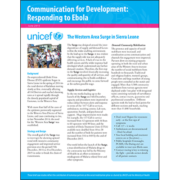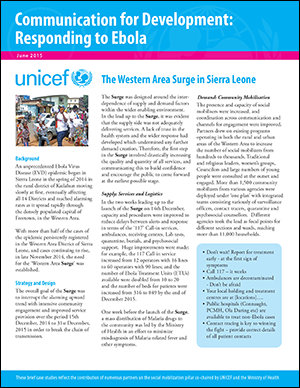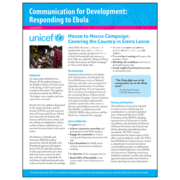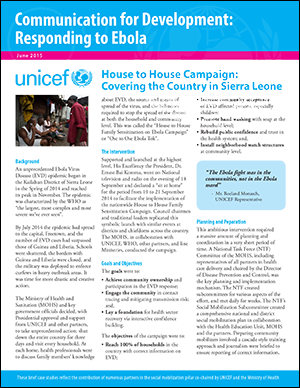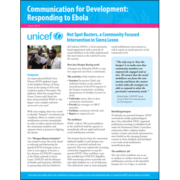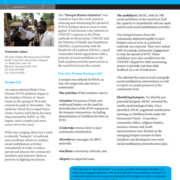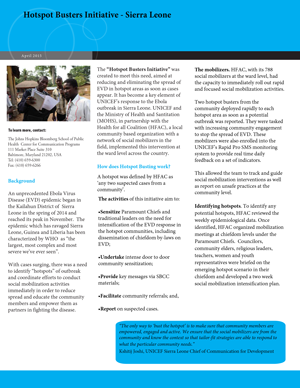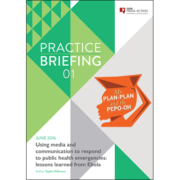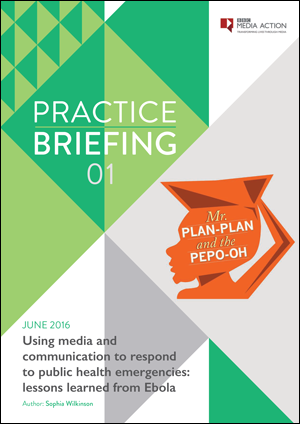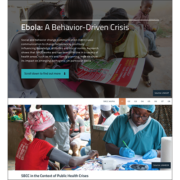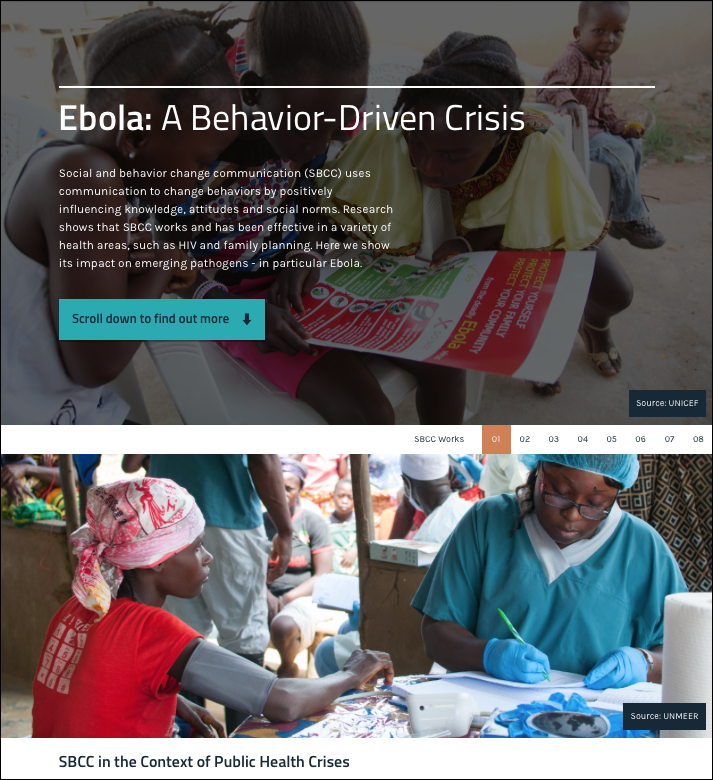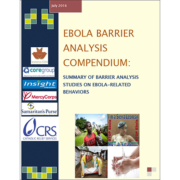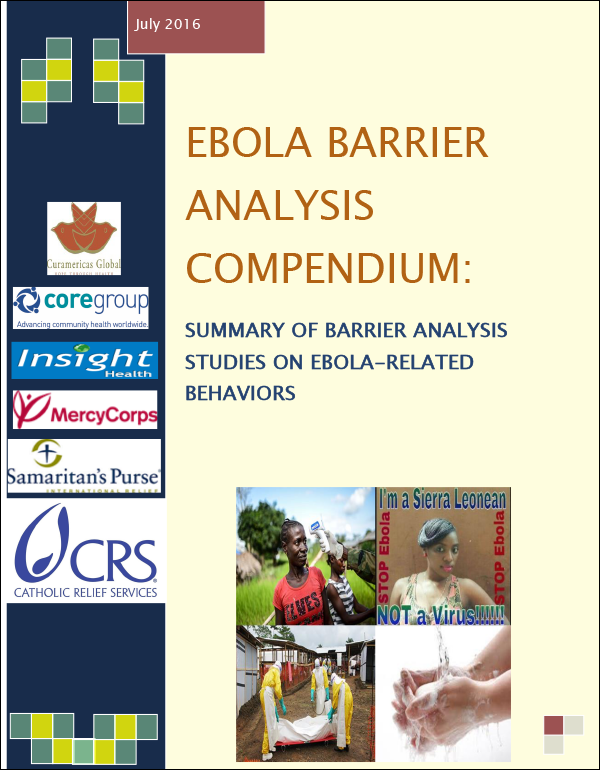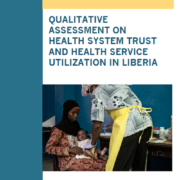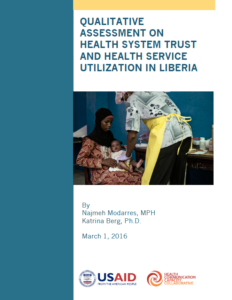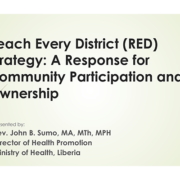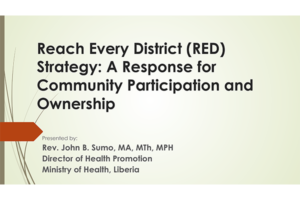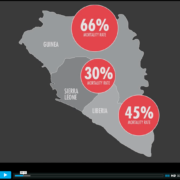The Western Area Surge in Sierra Leone
With more than half of the cases of the epidemic persistently registered in the Western Area District of Sierra Leone, and cases continuing to rise, in late November 2014, the need for the ‘Western Area Surge’ was established.
The overall goal of the Surge was to interrupt the alarming upward trend with intensive community engagement and improved service provision over the period 15th December, 2014 to 31st December, 2015 in order to break the chain of transmission.
The Surge was designed around the inter-dependence of supply and demand factors within the wider enabling environment. In the lead up to the Surge, it was evident that the supply side was not adequately delivering services. A lack of trust in the health system and the wider response had developed which undermined any further demand creation. Therefore, the first step in the Surge involved drastically increasing the quality and quantity of all services, and communicating this to build confidence and encourage the public to come forward at the earliest possible stage.

